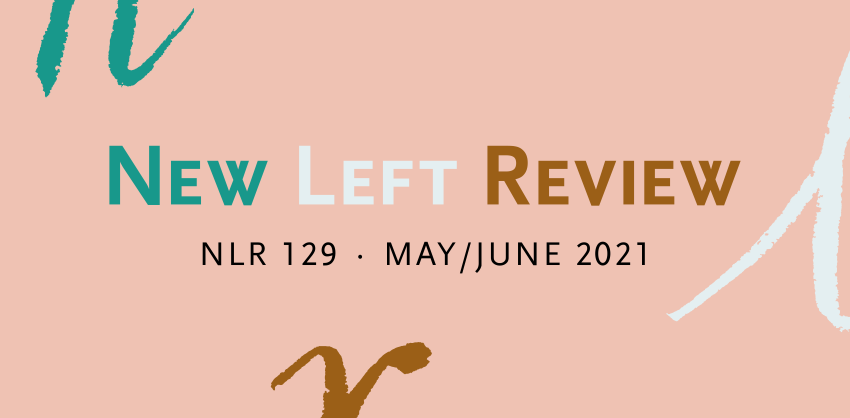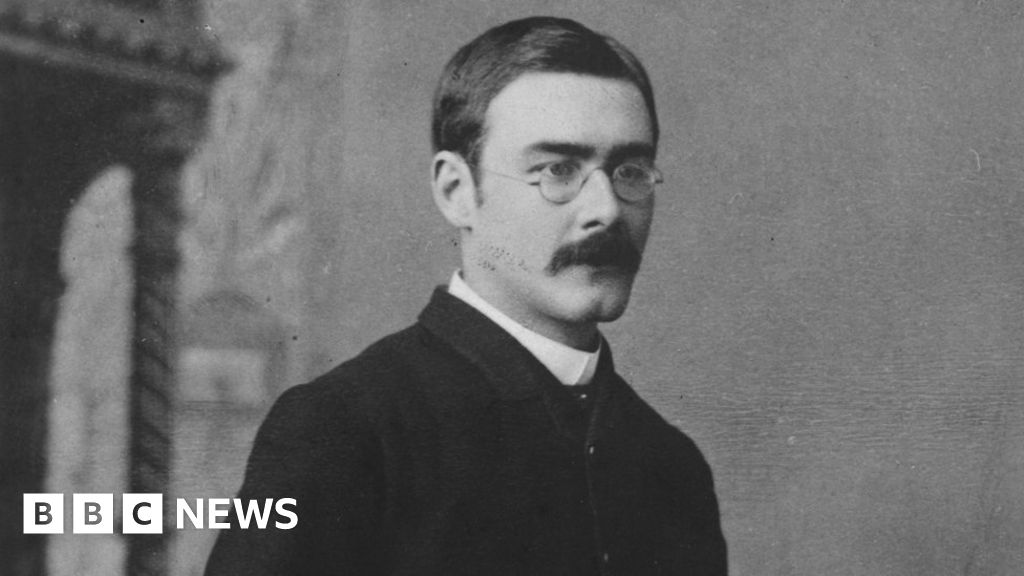
War, Death, and Intellectualism
The role of intellectualism in times of war has become increasingly urgent as the conflict in the Middle East enters its second year and the war in Ukraine is heading straight into its third. Writers, thinkers, and cultural producers of all types have weighed in on the political and historical implications of these conflicts and their influence on societies. Viral blacklists have been circulated, open letters have been signed, published articles have been retracted, events have been cancelled, and editors have resigned. But in this flurry of activity that attempts to respond intellectually to events that are unprecedented in our era, little stock is taken of the deeper strata of these arguments and declarations beyond the immediate effect of polarizing public discourse.
A century ago, as the world still reeled from the end of one world war and quickly hurtled into another, the International Institute of Intellectual Cooperation (IIIC), an advisory organization set up by the League of Nations, tried to take stock of the cultural climate by addressing the crisis that everyone saw coming and no one knew how to avoid. The IIIC arranged exchanges of letters among prominent intellectuals on urgent topics, and, in 1932, they sent a letter from Albert Einstein to Sigmund Freud in which the physicist asked the psychoanalyst to explain humanity’s attraction to war. The exchange was published the next year as “Why War?”




















